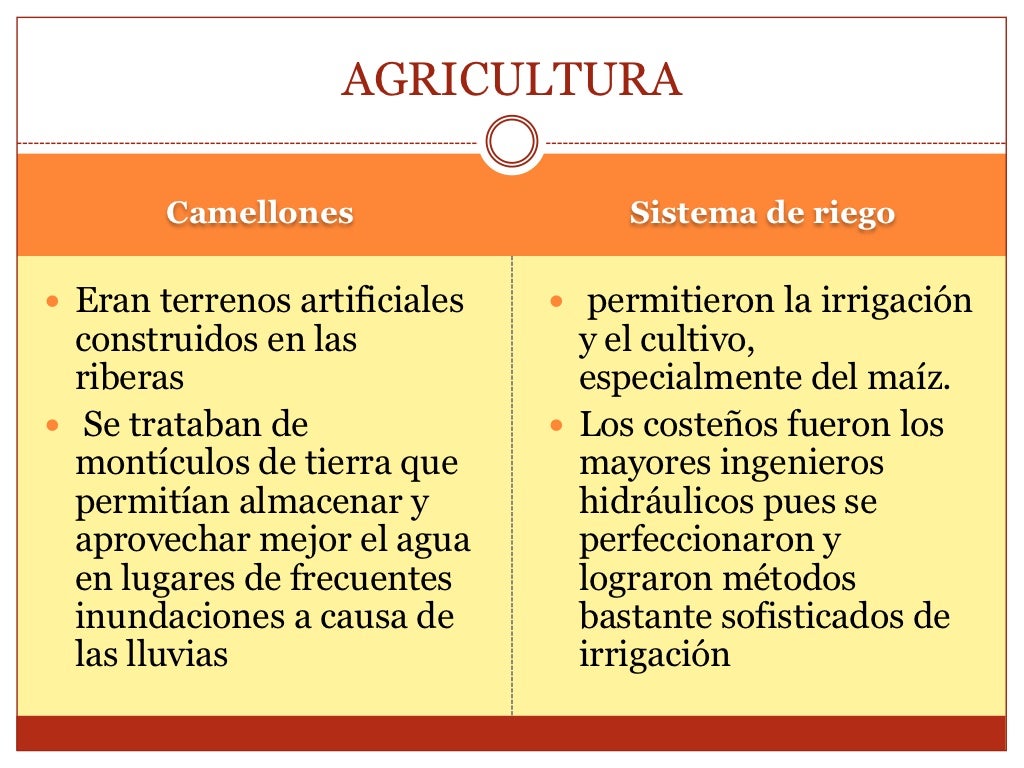
It was this official who requested Lao Tzu to put his teachings into writing. When Lao Tzu arrived at the northwestern border that separated China from the rest of the world, he met an official in charge of the border crossing by the name of Yin Xi. Sima Qian also wrote that Lao Tzu lived in the state of Zhou long enough to witness its decline. Records of the Grand Historian ( Public Domain ) There have also been claims that Lao Tzu was consulted by Confucius on certain matters of ritual, and subsequently heaped praises on him. It is also written in this ancient source that Lao Tzu’s personal name was Li Er ( 李耳), and that he served as a keeper of archival records at the Zhou imperial court. In Sima Qian’s Shiji, it is written that Lao Tzu was a native of the state of Chu, which is located in what is today the southern part of China. Did Ancient People Really Have Lifespans Longer Than 200 Years?.An honored Zhou Dynasty warrior, buried with a chariot and horses, has been unearthed in China.Ĭonfucius Lao-tzu and Buddhist Arhat ( 三 教) ( Public Domain ) In addition to this, a biography of Lao Tzu can be found in Sima Qian’s work, the Shiji, known also as the Records of the Grand Historian. The ancient Chinese historian, Sima Qian, said that Lao Tzu was a contemporary of Confucius. For a start, some modern scholars are skeptical about his existence, and argue that there is no ‘historical’ Lao Tzu, and that he is an entirely legendary figure.Īccording to Chinese tradition, however, Lao Tzu lived during the 6th century BC. Unlike Confucius, Lao Tzu is a much more difficult character to pin down. Thus, Lao Tzu is regarded as a very important figure in Chinese history, and even revered by many as a deity in the Taoist pantheon. The other two pillars are Buddhism, which was transmitted to China from India, and Confucianism, which was founded by Confucius. Taoism is seen as one of the three main pillars of traditional Chinese thought. Skateboarding the Tao: Parenting, Balance, and Qigong by: Rodríguez-Plate, Edna M.Lao Tzu is traditionally regarded as the founder of Taoism, a school of thought that developed in ancient China.

Laughing at the Tao: debates among Buddhists and Taoists in medieval China by: Kohn, Livia 1956- Published: (1995) Religion, Ethnicity, and Gender in Western Hunan During the Modern Era: The Dao among the Miao? by: Katz, Paul R. Published: (2019)Ĭhinese Qi-naturalism and Liberal naturalism by: Liu, JeeLoo 1958- Published: (2014)Ī theology of Dao by: Kim, Heup Young 1949- Published: (2017) O Tao do Islã by: Murata, Sachiko 1943- Published: (2005)Ĭhurch as Sacrament of Yin-yang Harmony: Toward a More Incisive Participation of Laity and Women in the Church by: Brazal, Agnes M. Women in Chinese Philosophy: Yin-Yang Theory in Feminism Constructing by: Zhu, Qing-hua Published: (2018) The Asian Pursuit of Trinitarian Theology in a Multireligious Context by: Chung, Paul Published: (2009) Shadows of Mawangdui: animating the silk daoyintu by: Smith, Ronald C.

Merton & the tao: dialogues with John Wu and the ancient sages Published: (2013)

The tao of organization behavior by: Durlabhji, Subash Published: (2004) Tao: reception in East and West Published: (1994) Korean, Asian, or American?: the identity, ethnicity, and autobiography of second-generation Korean American Christians by: Young, Jacob Yongseok Published: (2012) The Tao of Jesus: an exercise in inter-traditional understanding by: Loya, Joseph A., et al.


 0 kommentar(er)
0 kommentar(er)
